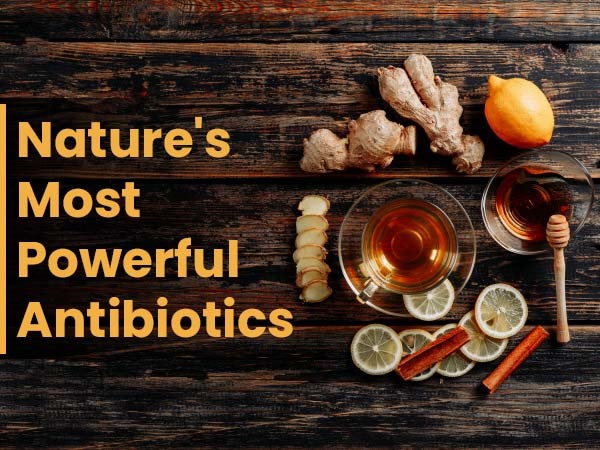The introduction of antibiotics to the field of medicine has saved countless lives, turning serious and life-threatening infections into temporary ones. However, with the millions, if not billions of prescriptions for antibiotic drugs that doctors have filled out over the years there comes a serious price: microorganisms are adapting to our techniques. We now have what’s called “superbugs”.
The Problem of Superbugs
Superbugs don’t respond to regular prescriptions of medicinal antibiotics- in fact they’re resistant to them. While our methods for killing off unwanted bacteria in our bodies developed, their methods for fighting back grew stronger. Today, we need to take serious measures to deal with the problem of antibiotic resistance so that we can once again gain the upper hand against pathological microorganisms.
The New Wave of Natural Treatments
Many people are now turning to natural antibiotics to fight milder infections and so limit the prevalence of antibiotic-resistant bugs. To do it properly, however, it’s important to understand what types of antibiotics there are and what they actually do.
Choosing a Natural Antibiotic
Antibiotics can fight bacteria, fungi, and some parasites, but not viruses. That’s why doctors won’t prescribe you antibiotics for a viral infection or flu. In the same way, you shouldn’t attempt to use natural antibiotics to fight viruses- they simply won’t do anything. Natural antibiotics can be further divided into antibacterials and antifungals. While medicinal antibiotics are usually designed to do both, nature’s variety usually has pretty specific functions.
Make sure you talk with your medical practitioner about what kind of natural antibiotic is appropriate to help treat your specific health condition. This information is not intended to be a substitute for professional medical advice, diagnosis or treatment.
Natural Antibacterials
Antibacterials are used against E. Coli or Salmonella, H. pylori, ear infections, strep throat, or wound infections.
- Apple Cider Vinegar –apple cider vinegar contains malic acid, known to possess antibiotic properties. It can assist greatly in preventing and relieving a sore throat helping to kill the germs that cause the condition.
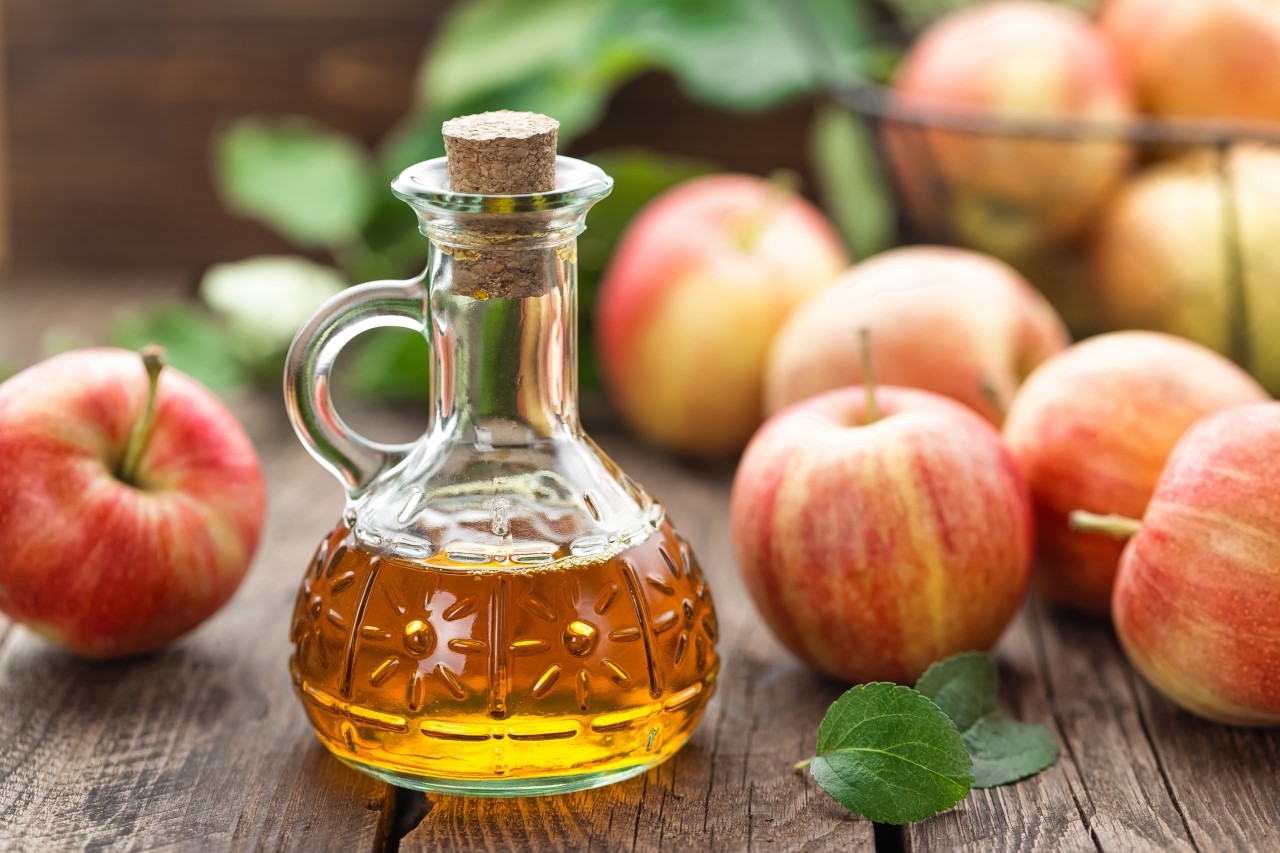
- Ginger extract - It's incredibly common for ginger to be used in the treatment of flus and colds. It's also great for treating an upset stomach and for nausea as well as treating muscle and joint pain. There is reason to avoid consuming ginger in very large amounts if you are expecting to be pregnant, however; some experts fear it may lead to miscarriage.
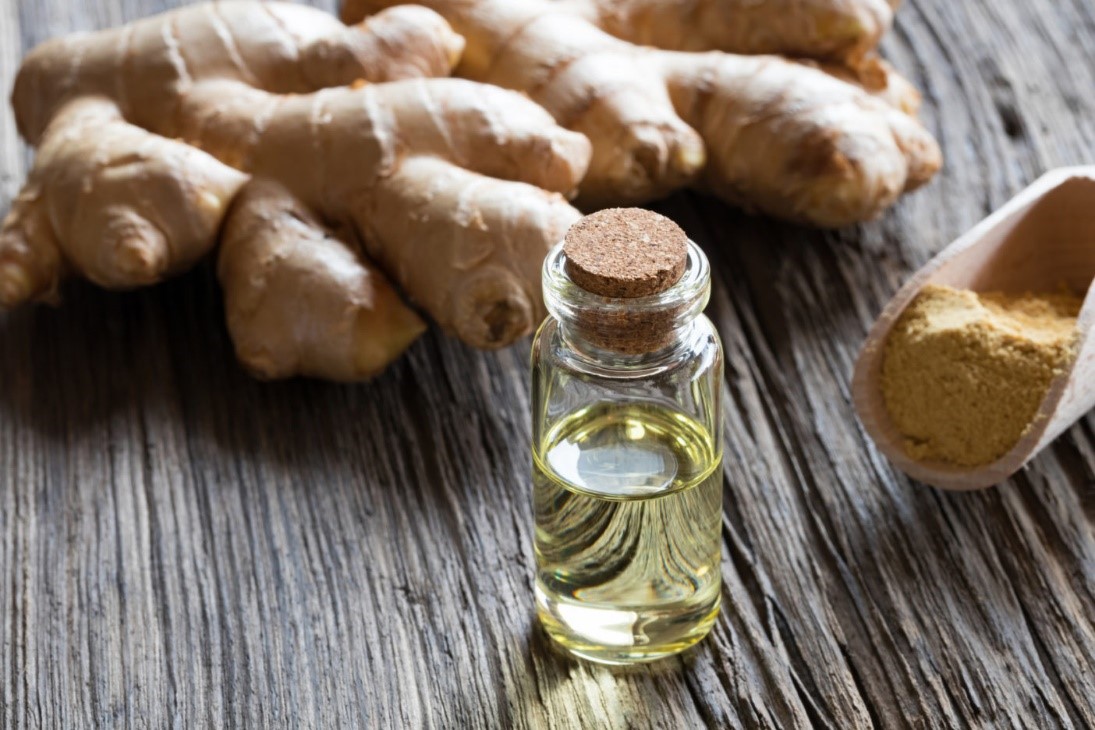
- Onion extract - Onions are closely related to garlic and have similar health benefits, reducing pain and inflammation as well as illnesses like colds and flus. Similar to garlic, you'll get the best results by eating onions raw. Cooking onions releases many of their healthiest nutrients, robbing your body of their help.
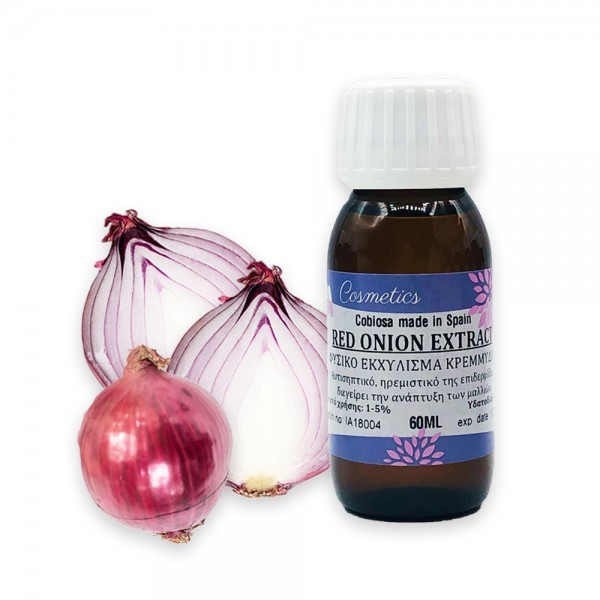
- Horseradish root- Horseradish gives your body energy; this stuff is potent. Horseradish helps your body defend itself against potential illnesses. It also promotes healthy blood circulation and has antibiotic properties when broken down in the stomach. Horseradish can treat everything from urinary tract infections to kidney stones and bronchitis. Consume it raw (blended or juiced) or diced up with a light amount of vinegar for best effects.
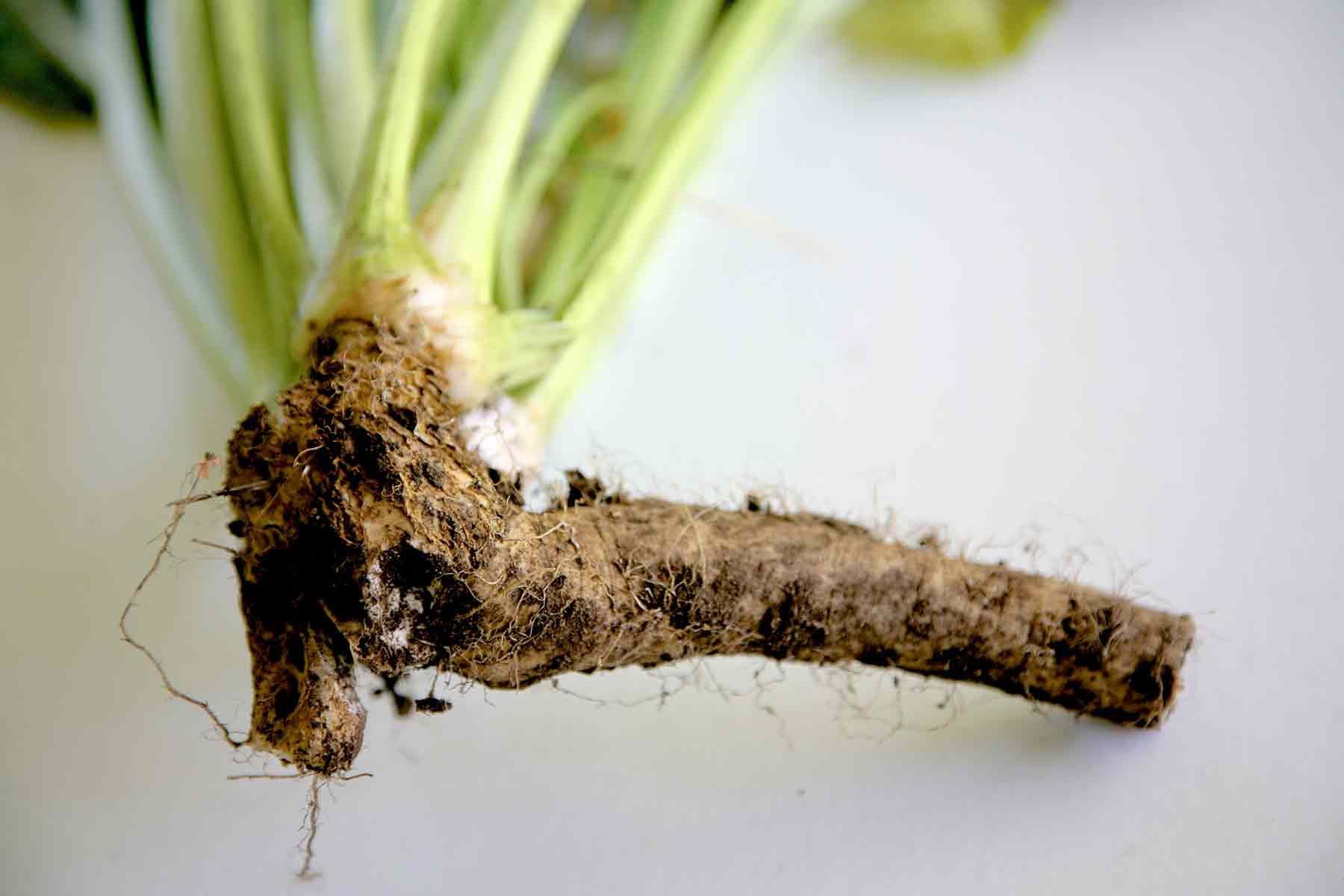
- Habenero Peppers - At one point, the habanero (100,000 to 350,000 scoville heat units or SHU) held the crown as the world’s hottest chili pepper. This is a seriously hot pepper. And unlike many of the hotter chilies, there’s quite a bit of flavor to go along with the extra-hot kick. it has a unique, citrus-like taste with a subtle hint of smoke that makes it very popular in hot sauces, powders, and rubs. If you can handle the heat, this is a fun culinary chili to play with in the kitchen. Because of the combinations of high content of vitamins C and A and capsaicin, this little pepper can prevent cancer in a big way by inhibiting the growth of cancer cells (particularly prostate) and by preventing the negative effects of free radicals. Eating these terrifyingly tasty treats has been shown to lower bad cholesterol. In a 1985 study published in “Artery” it was shown that the capsaicin in habaneros reduced cholesterol in young female rabbits. The capsaicin in habaneros also has been shown to also reduce high blood pressure. Apparently, capsaicin stimulates the increase of the insulin-like growth factor IGF-I which reduces blood pressure. Capsaicin increases thermogenesis throughout the body. The process of thermogenesis is what is involved in the raising and lowering of body temperature and if you increase that, you increase metabolism.
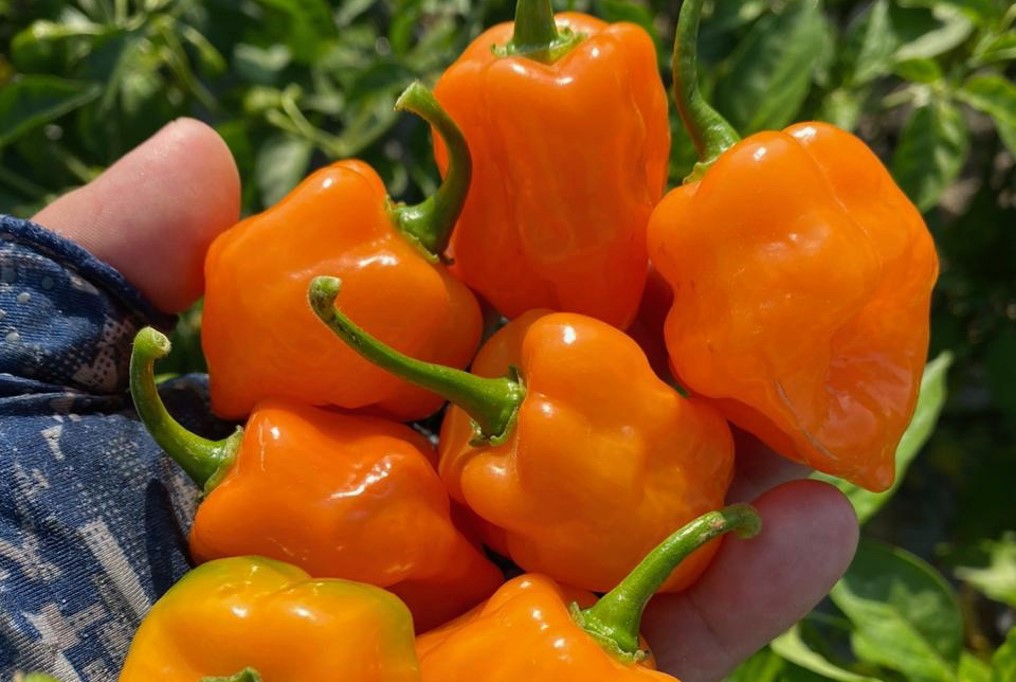
- Turmeric - It can be used externally in poultices to sooth skin and reduce inflammation. It is often used in lotions or preparations for skin with eczema or psoriasis. It is a natural antiseptic and antibacterial agent, useful in disinfecting cuts and burns. When combined with cauliflower, it has shown to prevent prostate cancer and stop the growth of existing prostate cancer. Externally, a paste of turmeric and aloe vera gel can ease pain and itching from burns, bites, chicken pox, poison ivy, or eczema. Curcumin may help delay ageing and fight age-related chronic diseases. Turmeric speeds up wound healing and assists in remodeling of damaged skin. Curcumin also boosts brain-derived neurotrophic factor, linked to improved brain function and a lower risk of brain diseases. One of the benefits of turmeric tea is that it may prevent and slow the progression of Alzheimer’s disease by removing amyloid plaque buildup in the brain. Turmeric can be made into a paste with water or honey to make a skin scrub that cools inflammation and helps stop acne. Because of its anti-inflammatory properties, it is a natural treatment for arthritis and rheumatoid arthritis. Curcumin leads to various improvements that should lower your risk of heart disease. Turmeric’s high antioxidant content makes it beneficial for the skin and it is used in some natural sunscreens and bronzers. Turmeric supports your healthy bones, joints, and overall skeletal system. A paste of Turmeric and strong brewed black tea will temporarily darken the skin and there is some evidence that it might also provide some sun protection. Preliminary studies show that turmeric may help reduce the severity of bacterial and viral infections. Overall turmeric dramatically increases the antioxidant capacity of the body. It is 5 to 8 times stronger than vitamin E and stronger than vitamin C, this antioxidant breakthrough may help boost your immunity, maintain normal cholesterol levels, and put the brakes on aging.
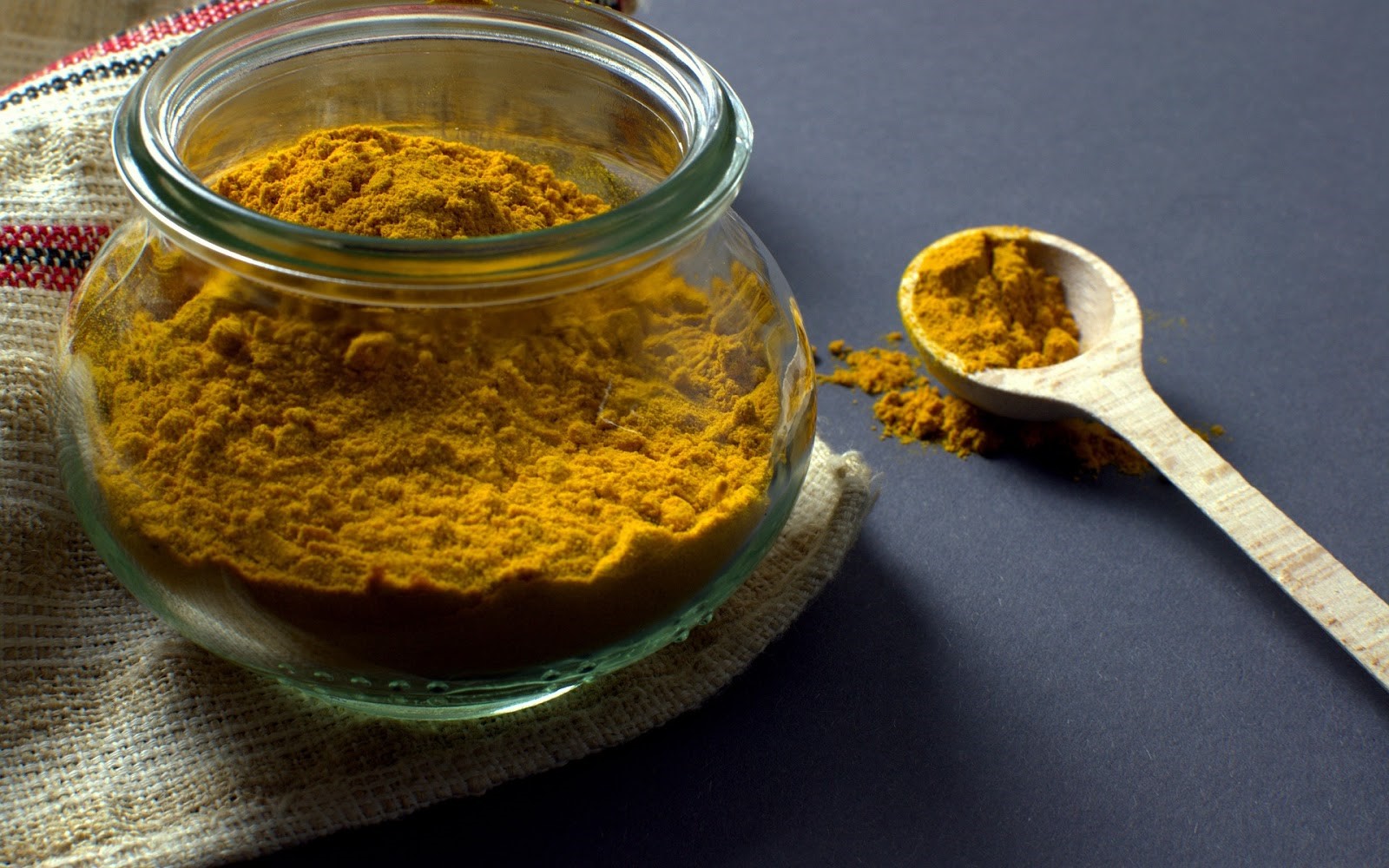
- Garlic extract - By eating a few cloves of garliceach day, you can effectively fight off all sorts of bacteria, viruses and infections. Studies have even found that garlic can assist in areas as severe as AIDS symptoms, diabetes and high blood pressure. It's also a great help in relieving the effects of colds, flus and toothaches. It doesn't hurt that organic garlic is also quite affordable. Cooking it into a meal is not good enough, however; to maximize its full antibiotic properties, you'll need to crush the garlic and eat it raw. A great way to try this is in a salad, soup or even drink.
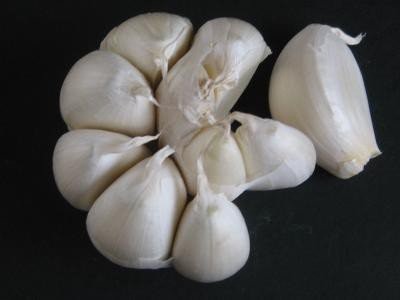
- Raw Honeyor Manuka Honey - Manuka honey is made by bees in New Zealand and, like other types of honey, contains peroxide which gives it its antibiotic properties. This property is present in many other honeys, its just that New Zealand has marketed their honey better than anyone else. It also contains several other antibiotic components that are not found in other types of honey such as methylglyoxal.
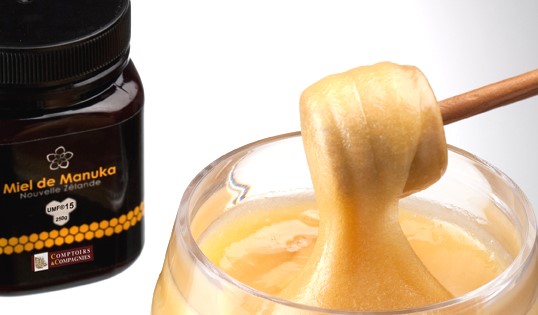
- Oregano Essential Oil- Oregano oil is a product made from the oregano plant, Origanum vulgare. It contains a higher concentration of the helpful compounds that occur naturally in the plant. This oil is available to use orally, unlike oregano essential oil, which is much more concentrated and used in aromatherapy. People should not take essential oils by mouth. Whether a person applies it topically or takes an oral supplement, oregano oil may be helpful for a range of conditions. Compounds in the oil have effective antioxidant and antimicrobial properties, which explain many of the benefits. There are some risks and potential issues to consider before using oregano oil, and it may not be right for everyone. Oregano oil contains carvacrol, the main active compound in oregano oil and a type of antioxidant called a phenol and thymol, which may help protect against toxins and fight fungal infections. While oregano oil contains a significant amount, the compound thymol occurs most abundantly in thyme. Thanks to the high levels of carvacrol, oregano oil may help fight certain types of bacteria. For instance, Staphylococcus is a common type of bacteria that causes staph infection. Some strains occur naturally in the body, but when the bacteria grow too quickly, it can cause bothersome symptoms. Research shows that carvacrol is effective in eliminating the bacteria Staphylococcus aureus and Staphylococcus epidermidis, two common causes of infection. Taking oregano oil supplements or rubbing it on the skin may help a person make use of these antibacterial effects. Researchers are also exploring the use of oregano oil for antibiotic-resistant bacteria. Oregano oil may help treat chronic bacterial issues, such as SIBO. People with SIBO experience gastrointestinal problems due to an overgrowth of certain bacteria in their intestines. Oregano oil also appears to be a potent antifungal agent thanks to high levels of thymol. Research from 2015 found thymol to be an effective treatment for common Candida fungal infections. Applying diluted oregano oil to the skin may help protect smaller cuts and scrapes on the skin as they heal. Compounds such as thymol and carvacrol could protect these types of wound from bacterial infections.
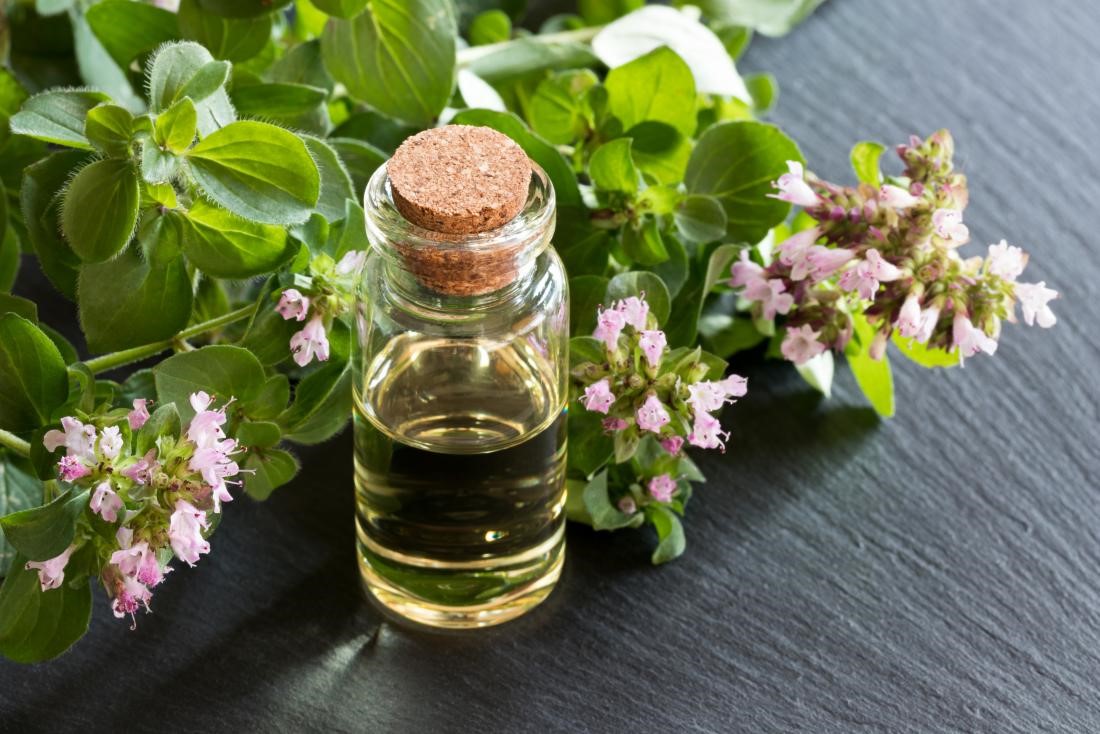
- Vitamin C - Vitamin C can be found in a wide variety of fruits including oranges and pineapples. It's known for its ability to strengthen the immune system—that's why orange juice is so relieving when you've got a cold. Vitamin C works wonders in areas of skin repair and prenatal health. Getting your hands on a 100 percent natural organic orange juice is one way to consume vitamin C—also consider eating an orange or two a few days each week.
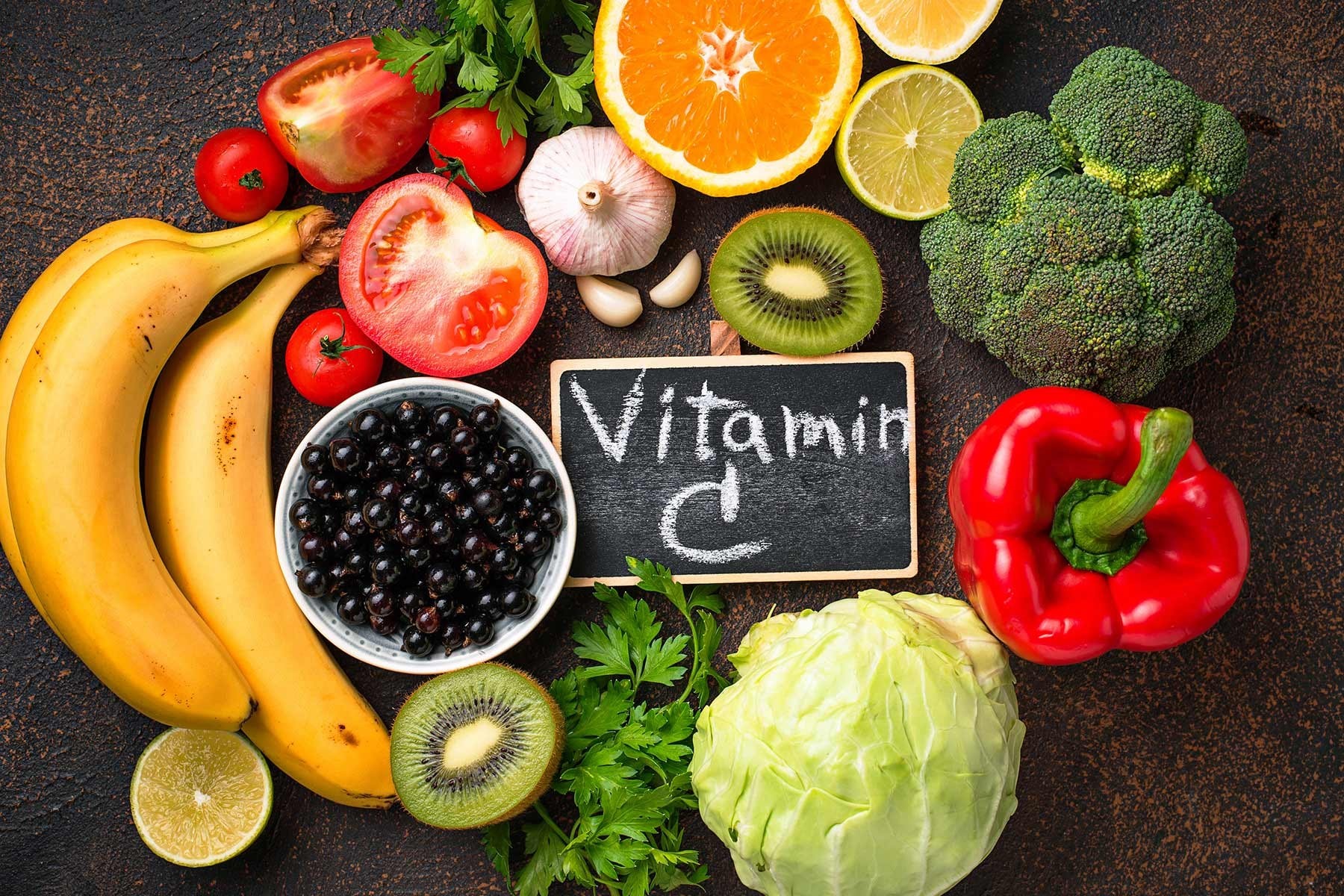
- Grapefruit seed extract - Graprefruit seed extract, referred to as GSE, is conventionally used as an anti-microbial compound. It has shown great promise in preventing the growth of various fungi and bacteria, even being recommended for use in bathroom cleaning. You'll need to dilute the extract when using it.
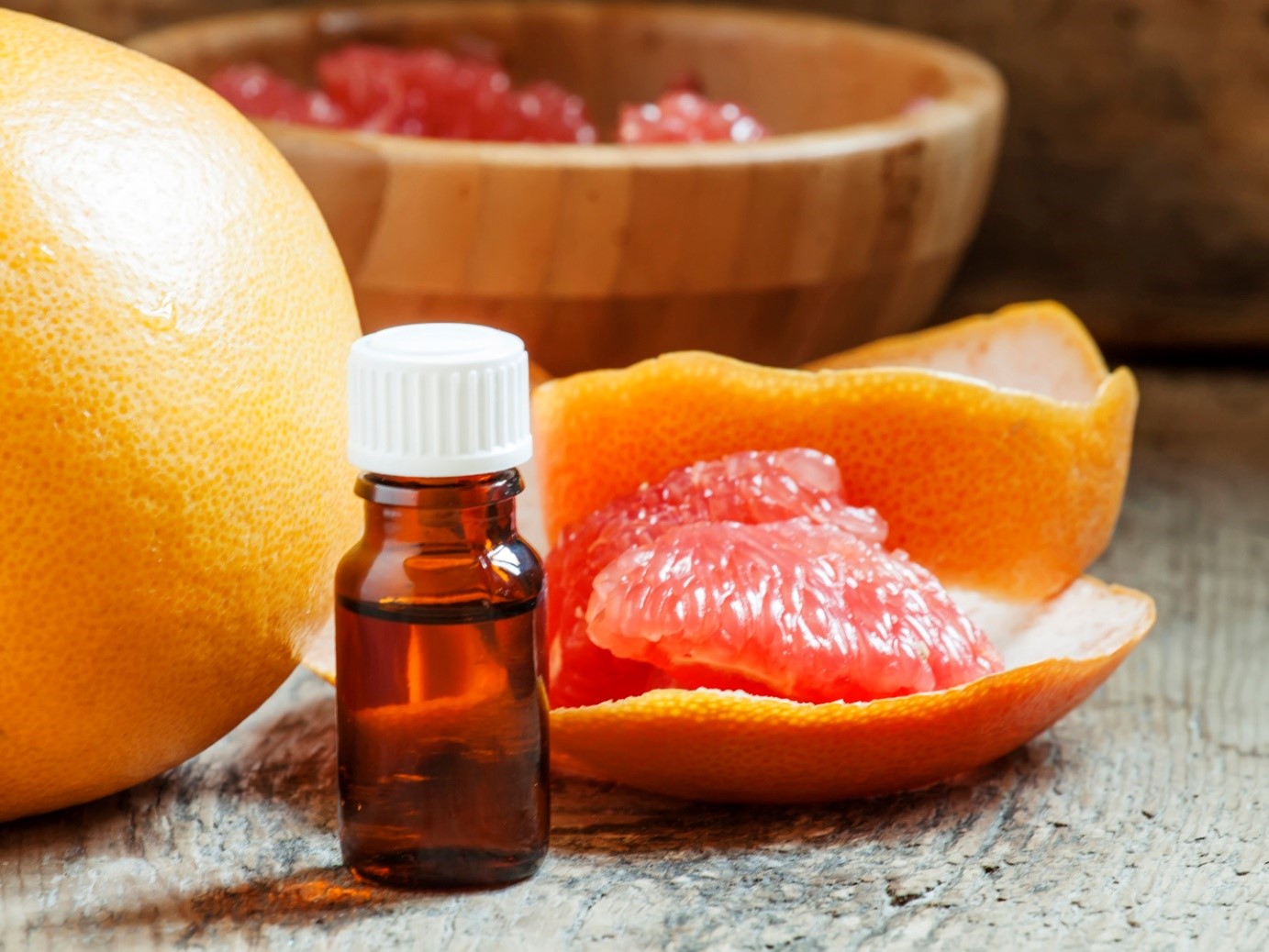
- Cinnamon - cinnamoncan help lower blood sugar in folks dealing with adult onset diabetes tendencies. It also contains antibiotic properties and can help treat yeast infections. There are many ways to consume cinnamon. One of my favorite is to simmer Sri Lankan cinnamon bark in a pot of water and pour the contents into a mug. You can then refriger the drink and consume it over several days. Quite refreshing.
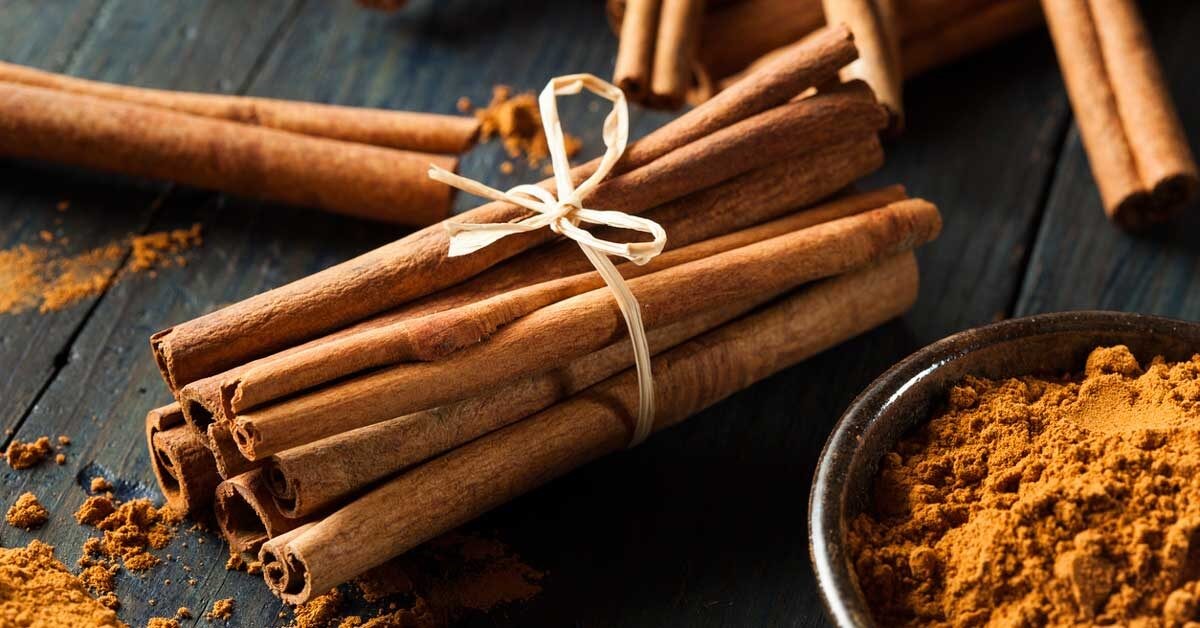
- Eucalyptus - When placed on skin, eucalyptus has many antiseptic properties. It's also commonly used in teas and inhaled to fight coughs. It's also great at killing fungus
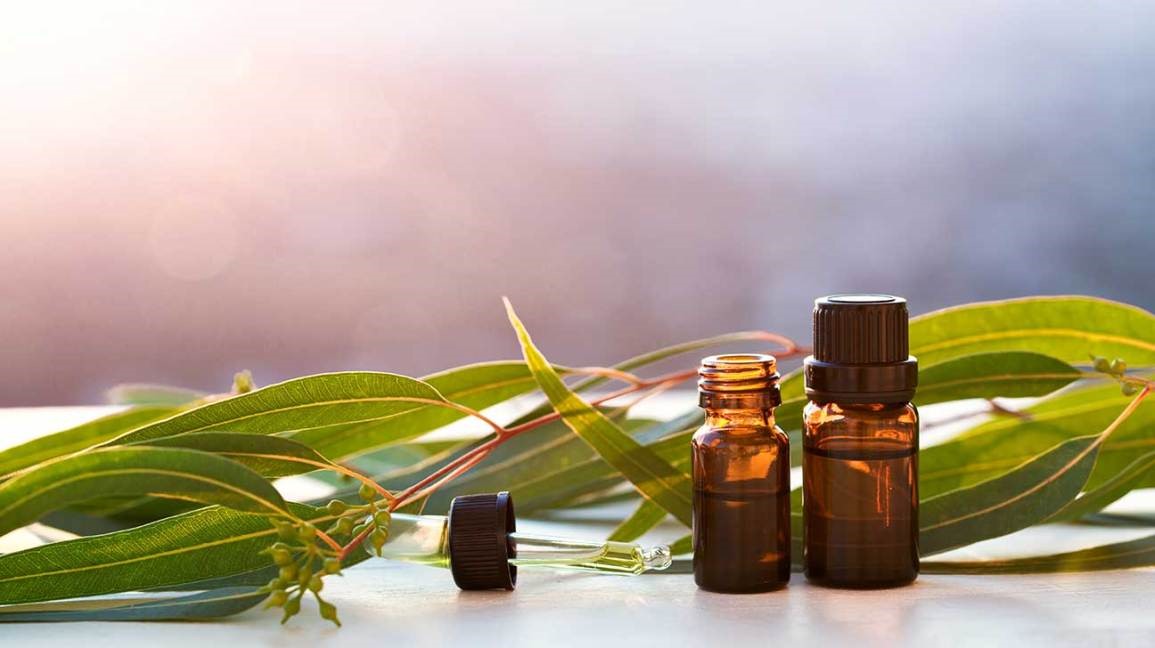
Natural Anti-Fungals
Anti-fungals are used against candida albicans overgrowth, athlete’s foot, skin rashes or yeast infections.
- Echinacea root extract
- Apple Cider Vinegar
- Ginger extract
- Turmeric
- Raw honey extract
For treating a specific condition, these ingredients are usually available in supplement or tincture form. Be sure to see your medical practitioner to get the right dose. You can also eat all of these whole foods on a daily basis to help with prevention.

